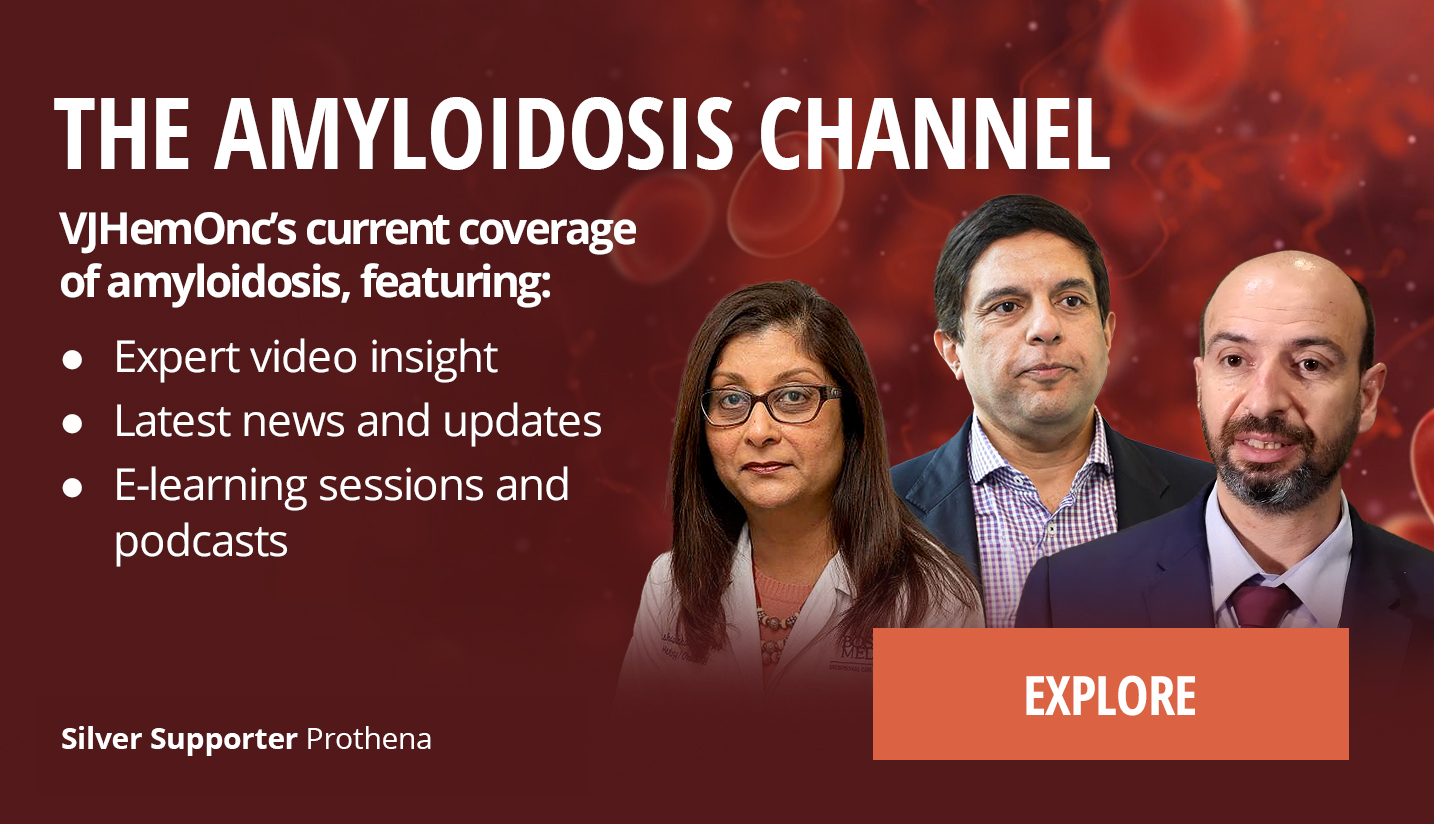So I think there’s a lot of debate going on when it comes to the role of stem cell transplant in systemic AL amyloidosis. With all the new advances that we’re seeing in myeloma, a lot of these treatments have a role in systemic AL amyloidosis as well, particularly when it comes to the use of T-cell engagers and CAR-T therapy. We are just seeing some data that is being presented at ASCO for the utility of CAR-T therapy in myeloma where a trial found that all patients who received CAR-T had a response, an impressive response...
So I think there’s a lot of debate going on when it comes to the role of stem cell transplant in systemic AL amyloidosis. With all the new advances that we’re seeing in myeloma, a lot of these treatments have a role in systemic AL amyloidosis as well, particularly when it comes to the use of T-cell engagers and CAR-T therapy. We are just seeing some data that is being presented at ASCO for the utility of CAR-T therapy in myeloma where a trial found that all patients who received CAR-T had a response, an impressive response. So the question about stem cell transplant is once again being considered. I personally feel that if a patient is eligible for a stem cell transplant for light-chain amyloidosis, they should receive it. I know the ANDROMEDA data is also quite impressive and a lot of centers are moving away from doing stem cell transplants, particularly the ones who’ve achieved a deep state of remission. But I think this question is also being answered in the context of a clinical trial, so we have to wait and see what that trial shows eventually.
This transcript is AI-generated. While we strive for accuracy, please verify this copy with the video.














